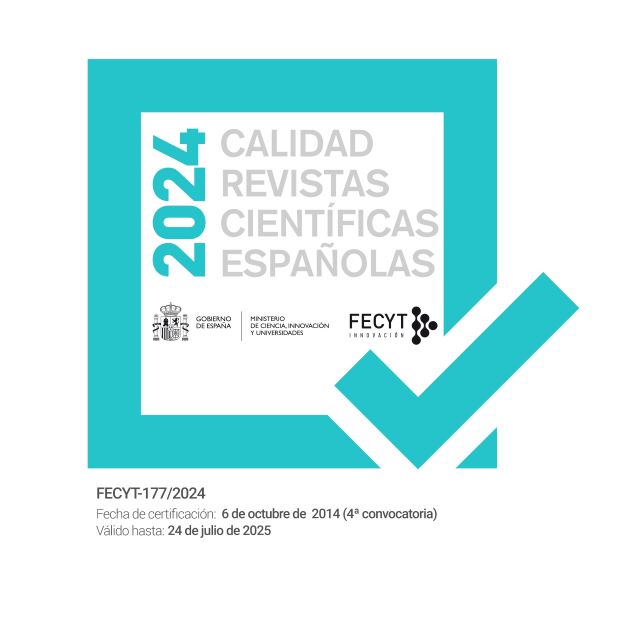The IRPH index in mortgage loans: a jurisprudential review.
Keywords:
Unfair terms, Consumer, Mortgage, Mortgage loan, Interest rate, IRPHAbstract
Mortgage loans, or loans guaranteed with a mortgage, are characterized by being long-term loans, due to the high amount of the insured obligation. For this reason, the interest rate of these loans is usually variable, and subject to the swings and fluctuations of the currency in which the loan was granted. These remunerative interests are calculated by adding a differential to one of the interest rat that the law includes: be the EURÍBOR; the MIBOR; the CECA, or the IRPH (benchmark mortgage loan index), which measure the price of money. This last benchmark for the calculation of interest on a secured mortgage loan has been in the spotlight: first, because of its questioned validity, and more recently, for the damages that it entails to the consumer since the interest due under their calculation are much higher than those generated by the EURÍBOR, for example. The recent STJUE March 3, 2020 clarifies questions about its validity and abuse due to lack of transparency. In this work we review all the controversial jurisprudential questions about it, trying to conclude on its feasibility and timeliness.






